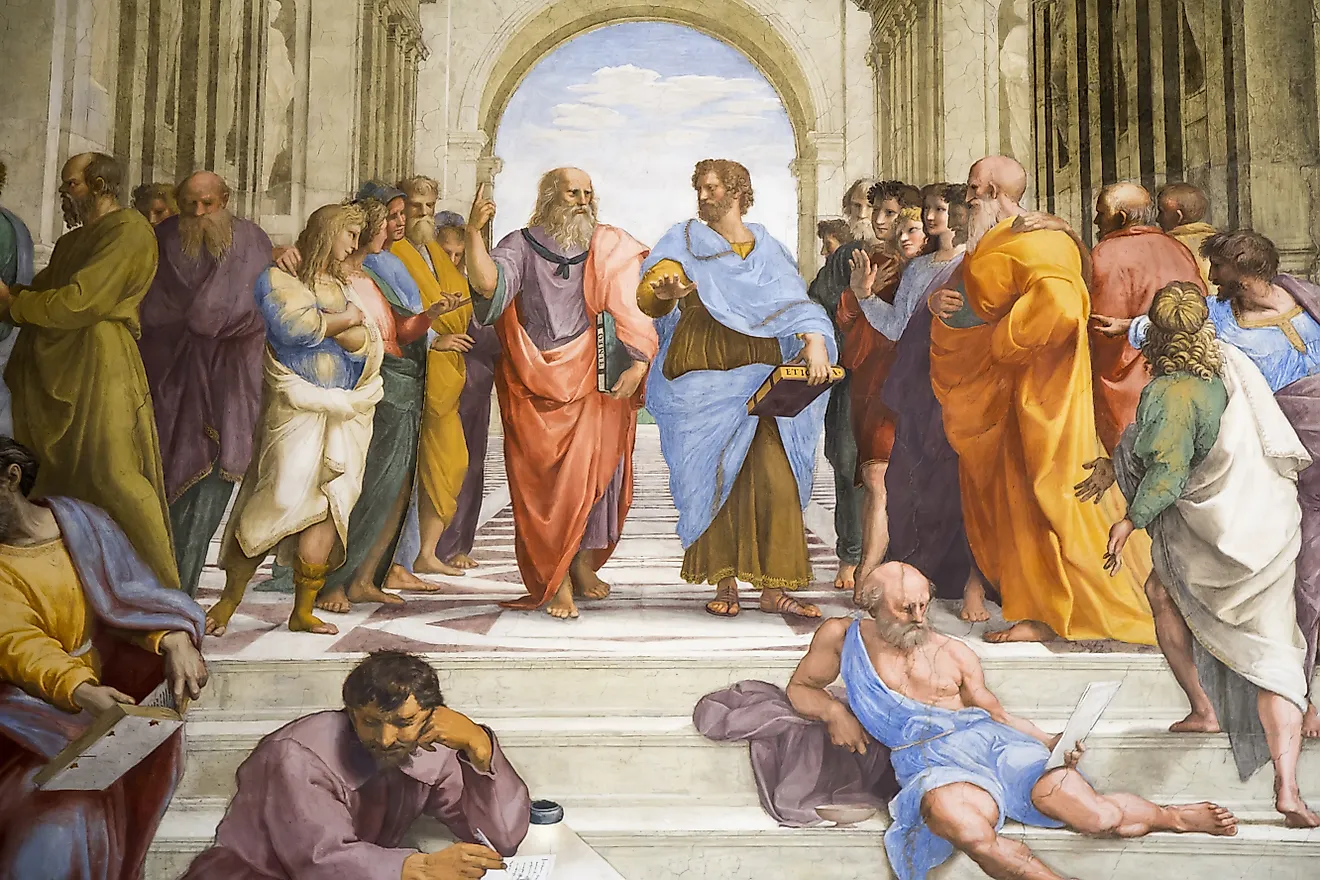What is an Aristocracy?

Aristocracy is a governing system that gives the power to a small group of privileged individuals. The phrase is derived from the word ‘’aristokratia’’, meaning ‘’rule-of-the-best’’. During the period when the term ‘’aristocracy’’ was conceived, the Greeks considered it to be the rule of the most qualified citizens. Aristocracy was later viewed to be the rule of the most privileged group of people in the community, and it was contrasted with democracy. The quality of an aristocratic government depends on the method of selecting the leaders and not the size of the ruling class.
The origin of the term ‘’aristocracy’’
The word ‘’aristocracy’’ was first used in ancient Greece by Plato and Aristotle to describe a governing system where only the best few would be chosen as rulers. The concept of aristocracy originated from ancient Greek, where the Greeks empowered a council of leading-citizens. The council of citizens was the senate of any political unit in ancient Greece, including a city-state. The Greeks were against the idea of a monarchy, and since their democratic government failed, they upheld aristocracy. Thomas Hobbes described an aristocratic government as a commonwealth whereby only a small percentage of the citizens represent the government. Modern depictions of this concept regard aristocracy as a plutocracy or oligarchy, rule by the wealthy or a few privileged people in the country, and rather than the Greek rule by the best citizens.
Aristocracy according to Plato
The idea of aristocracy according to Plato involves a kingdom under the rule of a philosopher-king. Plato describes philosopher-kings as individuals who support the allegory of doctors and medicine and captains and their ships and adores the sight of truth. According to Plato, medicine and sailing are not professions which everybody is qualified to practice. Therefore, the educational system of a state has to be constructed to produce philosopher-kings.
The relationship between aristocracy and other forms of government
In practice, an aristocratic government can end up becoming a hereditary monarchy, with the monarchs appointing officials as they see fit. However, the term ‘’aristocracy’’ was used by Plato and Aristotle to describe a governing system where the most qualified individuals in the community were appointed as rulers. Hereditary rule was forbidden in aristocracy unless the leader’s children possessed the attributes of a good leader in comparison to other citizens. Hereditary monarchy is related more to the corrupt version of aristocracy, oligarchy, where the people are ruled by some few individuals, but not necessarily the best citizens.
Since the phrase ‘’the best’’ is a subjective and evaluative concept, distinguishing between a timocratic/oligarchic and an aristocratic government can be very difficult. Aristocracy differs from the rule of the many (mobocracy or democracy), greedy few (timocracy or oligarchy), or of one (monarchy). Aristotle, Xenophon, Plato, and Socrates thought of aristocracy as suprior to democracy. However, they also believed corrupt aristocracy was worse than a corrupted form of democracy. These philosophers assumed that the most educated citizens would be the best fit to govern.











